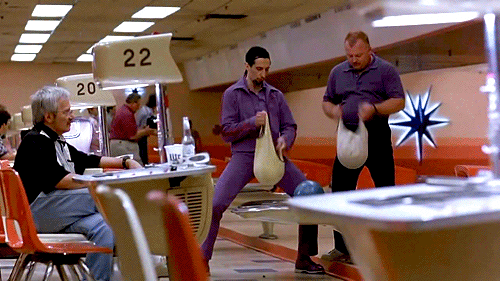So earlier this year I graduated from a top 30 undergraduate university with a low GPA (3.21), so this Fall I began a DIY post-bacc program at my local State College in order to improve my GPA...I am taking five upper level biology courses, each with a laboratory component. 28 hours of class/lab a week in total.
At my alma mater, taking five laboratory courses in one semester would have been suicide. In fact, the premedical advisers strongly urged students to never take more than ONE lab course a semester since they were notoriously difficult...Taking five science courses, lab or not, was just unheard of.
Nevertheless, I have a high A average in each of these classes at the moment, with my lowest exam grade being a 97%. It sounds pretentious, but it is the objective truth that I am unambiguously the #1 student in each of my classes in terms of grades, class participation, and mastery over the material. Moreover, I am pulling off these grades with minimal effort. I only study for a couple hours the night before the exams, and I ace them with ease while my state-school classmates bemoan how "impossible" the courses are. I should note that I have never taken these classes before. They represent 100% brand-new material to me.
In short, I am utterly SHOCKED by the disparity in rigor between my alma mater, which isn't even top 20 (though our SAT scores are), and this average state school. I mean, a senior level biochemistry course at this state school isn't even half as difficult as the introductory biology course taken by freshmen at my alma mater. Having experienced both schools firsthand, it is absolutely MIND-BOGGLING and disturbing to me that GPA's from these two establishments are supposedly given the same weight. Whenever one of my state-school classmates tells me that he/she is planning on going to medical school, I smile and nod as I die a little bit on the inside knowing that they may have a statistically better shot than me even though they struggle with basic concepts of the sciences.
What. the. ****.




 Undergrad is what you make of it. I didn't need competition or some hard-ass teacher breathing down my neck with the threat of bad grades to make me learn the material well. I just happened to have the added bonus of a significantly lower level of stress associated with my learning experience. I learned it well enough, despite not going to some top 30 or whatever, as evidenced by my 35 on the MCAT, so clearly learning and comprehension outcomes aren't directly correlated to what school you attend.
Undergrad is what you make of it. I didn't need competition or some hard-ass teacher breathing down my neck with the threat of bad grades to make me learn the material well. I just happened to have the added bonus of a significantly lower level of stress associated with my learning experience. I learned it well enough, despite not going to some top 30 or whatever, as evidenced by my 35 on the MCAT, so clearly learning and comprehension outcomes aren't directly correlated to what school you attend.